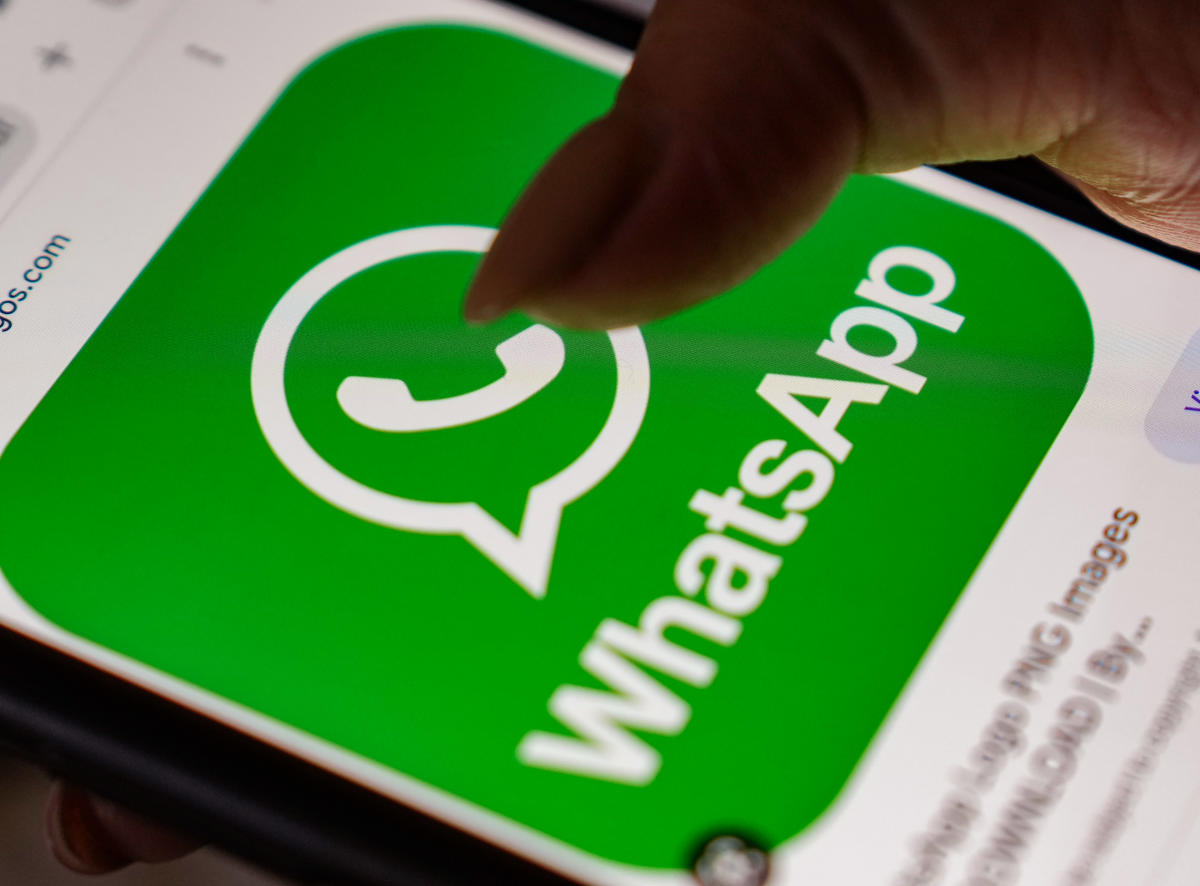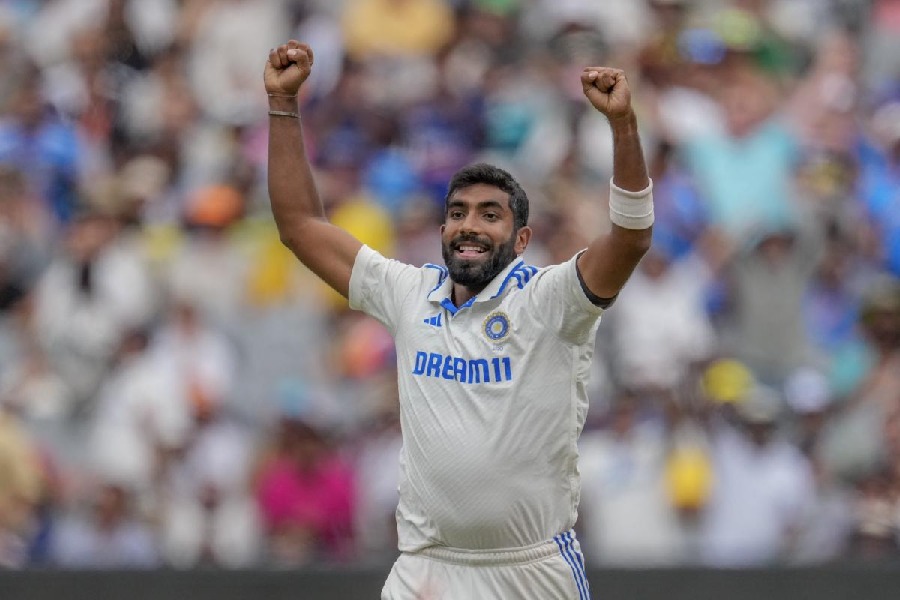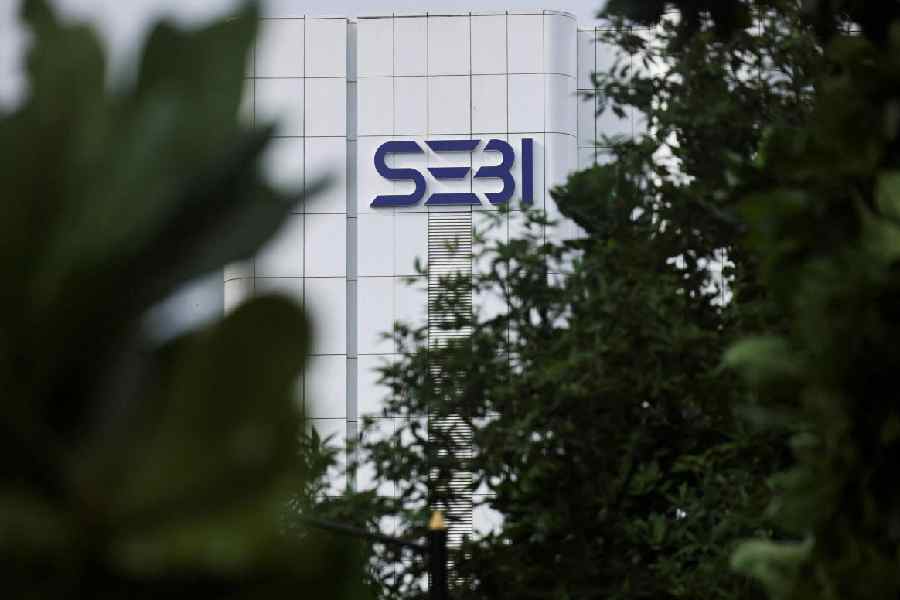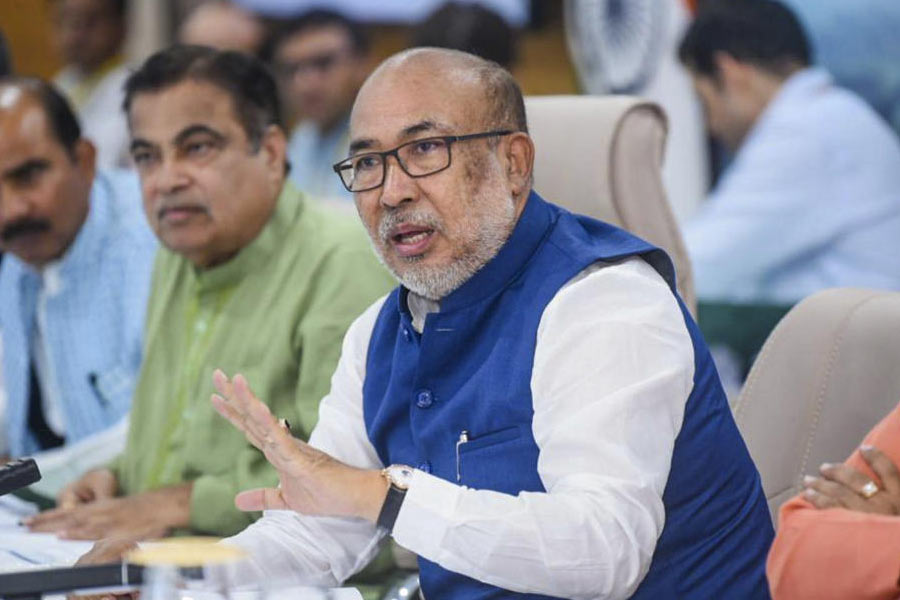Addictive sip
Sir — Most of southern India will attest to the fact that nirvana can be achieved after a sip of piping hot filter kaapi. TasteAtlas, a popular food and travel guide platform, seems to agree. It recently released a list of the ‘Top 38 Coffees In The World’ and filter kaapi ranked second globally. However, given the time-consuming process of brewing this concoction, many people prefer instant coffee instead. But this cannot match the delightfully strong taste and aroma of filter kaapi. Even as cafes spring up in every corner of India serving cappuccinos, lattes and Vietnamese coffee, filter kaapi continues to have a dedicated clientele. One hopes that the recognition by TasteAtlas will put it on the map and more people will be sipping filter kaapi soon.
Shraddha Jana, Calcutta
Just move
Sir — A five-judge bench of the Supreme Court led by the Chief Justice of India, D.Y. Chandrachud, firmly rejected the State Bank of India’s appeal for an extension to the deadline to publish the names of those who purchased electoral bonds (“Under cover”, Mar 12). The electoral bonds scheme had been declared unconstitutional by the apex court last month. It is heartening that the top court has upheld the value of transparency in a democracy. Only time will tell how the publication of such a list affects the Bharatiya Janata Party.
P.K. Sharma, Barnala, Punjab
Sir — The Supreme Court rightly dismissed the SBI’s plea (“Cough up electoral bond details sans delay: SC to SBI”, Mar 12). The SBI is fully computerised and, as India’s largest public sector bank, it is surely capable of producing the data of 22,217 electoral bond purchases. The bank’s reluctance reveals its bias towards the government. The BJP has previously misused Central agencies like the Enforcement Directorate to intimidate opponents and quell dissent. Our prime minister speaks about a corruption-free India, but his own party refuses to be held accountable. People must know who bought the electoral bonds and whether there was any quid pro quo between businesses and the BJP.
Bidyut Kumar Chatterjee, Faridabad
Sir — The Supreme Court’s rejection of the SBI’s application and its direction to the Election Commission of India to publish the details regarding electoral bonds on its website by March 15 are heartening. The SBI’s plea laid bare its intention of pandering to the ruling regime.
Bhagwan Thadani, Mumbai
Sir — The Supreme Court has safeguarded the rights of citizens as well as the ideals of justice and democracy by ordering the SBI to publish the details about electoral bond purchases.
Dimple Wadhawan, Kanpur
Sir — The SBI’s plea to delay the publication of the names of those who purchased electoral bonds undermined the voters’ right to information before casting their votes in the upcoming general elections. The SBI must realise that it cannot work for the benefit of the ruling party. Knowledge about political donations will enable people to form opinions about the different parties. The BJP is the largest beneficiary of electoral bonds, proving that its rhetoric on transparency is hollow.
G. David Milton, Maruthancode, Tamil Nadu
Sir — All bank transactions require a Permanent Account Number or an Aadhar number and the SBI should be able to provide these details about those who purchased electoral bonds without needing three months. The SBI’s plea was merely a delaying tactic.
N. Mahadevan, Chennai
Sir — Data on the purchase of electoral bonds published by the SBI may turn out to be a damp squib. The real purchasers of the bonds are likely to be masked behind shell identities. It will take time to probe the identities of the real donors through digital forensics. What is worse, public memory being short-lived, such data will reside only in record books and soon be forgotten in the heat of the elections.
R. Narayanan, Navi Mumbai
Costly cure
Sir — The editorial, “High cost” (Mar 11), presented a bleak picture of healthcare in India in spite of the efforts made by the Central and the state governments. A lot needs to be done to mitigate the high costs of hospitalisation. The Supreme Court has taken note of the situation and directed the Centre to consult the states regarding providing affordable treatment to those in need.
K. Nehru Patnaik, Visakhapatnam
Sir — Rising inflation has led the prices of lifesaving drugs to shoot up. Those suffering from long-term diseases require regular medications and it has become difficult for most people to afford such treatment. The government must act with urgency in this matter.
Soumyajit Saha, Murshidabad
Grubby wheels
Sir — The Assam State Transport Corporation launched 200 electric buses in Guwahati to reduce carbon emissions. But the new buses are not well-maintained — the seats and windowpanes are not cleaned regularly, for instance. The frequency of these buses has also been faltering, especially during the evening when office goers avail of public transport. The ASTC should pay more attention to these details.
Nausheen Rahman, Guwahati
Real danger
Sir — Four fifth graders bunked school and travelled 150 kilometres to Firozabad to eat chowmein. The news reminded me of Enid Blyton’s books. But this adventure was real with real dangers. The incident highlights the need for parents to inform school authorities about their wards’ leaves in advance so that an absence can be acted upon at the earliest.
Avinash Godboley, Dewas, Madhya Pradesh










